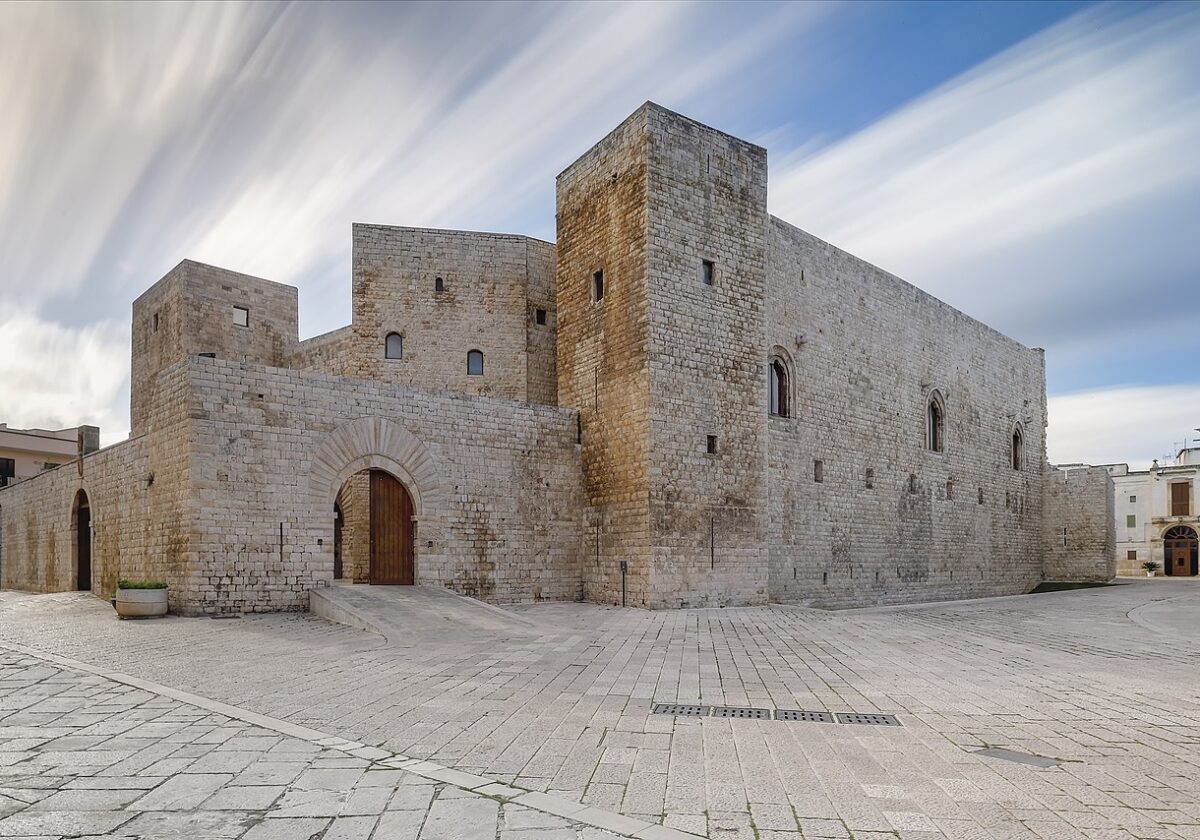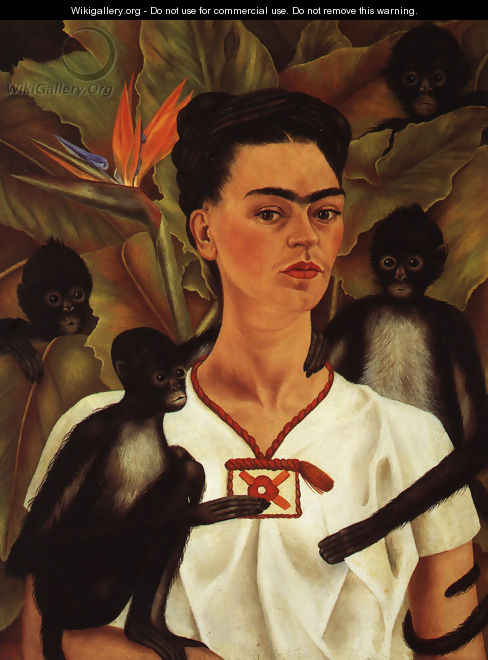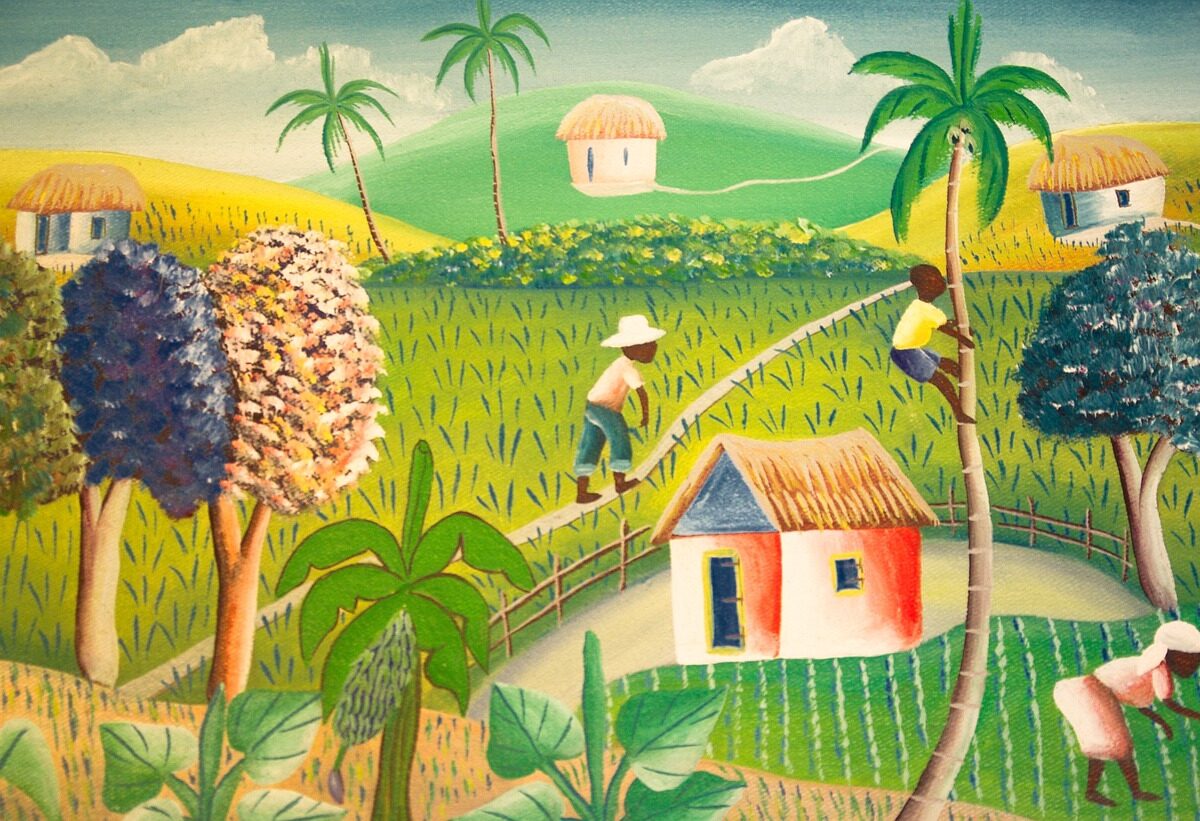Anyhow, I came across a very interisting article today about the feminization of Chile from the London Review of books.
I wanted to share it you all:
The Feminisation of Chile: Lorna Scott Fox goes back to Santiago
The Moneda Palace in Santiago is white, and remarkably small. I recognise it from photographs taken on 11 September 1973, in which the bombers close above seem small, too, like fat flies. I must once have seen this building and found it large – my father was British ambassador to Chile from 1961 to 1966. As children in Santiago we led supervised lives, between the garden, the Austin Princess and the Alliance Française school. I had a faint sense of who Salvador Allende was in 1964, when he stood for president against Eduardo Frei Montalva. I’m being taken to church and low on a wall there’s a poster with sad-looking crowds, flags and exclamation marks, and Allende’s massive spectacle frames.
In 1976, I was working for Chile Solidarity in Leeds, and getting a rapid political education. Some of the Chilean refugees thought I was working for the CIA. They had suffered violence beyond the imagining of our well-meaning spectrum of helpers, from church groups and the Labour Party to the Communists and International Socialists. The Chileans mapped the discords of Unidad Popular fiercely onto our own local squabbles. A decade later, in 1987, I went back to Chile during the preparations for a plebiscite on the continuation of the military junta. I was joining my mother on a nostalgia trip, she remembering the happiest of diplomatic postings, I looking for my ‘roots’. My old school, so bleak in my memory, hadn’t changed, but my eyes had: it is a Corbusierian gem. The most feared of my teachers, intercepted on perhaps his millionth entry to the same classroom, growled that ‘of course’ he remembered me. Our beautiful house had been converted into a computer centre: there was no sign of the swimming-pool that slopped out half its water during an earthquake, and the spreading fig tree that once held my mirador was now a stump. Santiago felt eerie, because of what I knew had happened there since I last saw it. The city looked primped, sedate; I don’t know what violence I expected on every corner.
By this time the dictator’s civilian economists had come round to the view that there was more money to be made under a controlled democracy. Parts of the right, along with the US, were ready for change. Surely the vote against the junta would be substantial? It wasn’t. There was harassment and assaults on pro-democracy campaigners in an exhausted, depoliticised society. The result was close: 55 per cent for booting out ‘Pinocho’.
I returned again this September, a few days before the 33rd anniversary of the military coup. There has now been civilian government for 17 years, exactly as long as the dictatorship lasted. The democratic transition was officially declared over last year by the Socialist president, Ricardo Lagos, after the reform of some of Pinochet’s most restrictive constitutional articles. This January, Michelle Bachelet, also from the Socialist Party and the candidate of the centre-left Concertación coalition, was elected president with 53.5 per cent of the vote, after a run-off against the right-wing credit-card billionaire Sebastián Piñera. I went back to celebrate her victory, and to attempt to gauge what a woman president might signify in such a socially conservative country. But my visit turned into a search, using women as my guiding thread, to understand the unexpected melancholy I sensed, the inhibition and muffled frictions. The government is already in trouble, and the transition is far from over.
There are, however, plentiful images of how far Chile has come. People stroll through the Moneda as a short cut, ignored by the carabinero guards; I was not searched or asked for ID in any ministerial building. An astounding symbol of free speech lies below ground in the Moneda’s culture centre, where cut-out figures of all the past presidents of Chile, from Bernardo O’Higgins to Lagos, dangle from nooses over the caption ‘Chile’s Pay-Back’. They are part of a funny, irascible show by the 92-year-old ‘anti-poet’ Nicanor Parra, the patriarch of a left-wing arts dynasty. Though the centre’s director was ‘coincidentally’ removed, the piece has stayed. ‘Let’s not get Parranoid!’ Michelle Bachelet laughed at the opening…
Read more here:







This comment has been removed by a blog administrator.
Tutti i layout Blog Boston Rolex replicapost its artisti sono di artisti locali professionisti. Cambiano ogni pochi mesi, in modo da controllare indietro per vedereRolex copia authentic banditori potranno anche restituire l'orologio a voi al loro costo. Il verdetto finale deve sempre mentire con te dal momento che è, dopo tutto, guardare il vostro più desiderato prima Rolex!
عزيزي العميل إن شركة نقل اثاث بالجبيل من الشركات الكبيرة في مجال النقل من مدينة إلى أخري حيث أن الشركة تعتمد على عدد من الأساليب الحديثة التي من خلالها لا يحدث أي ضرر للأثاث .
من المعروف أن عملية نقل الأثاث تحتاج إلى وقت كبير جدا حيث أن البعض يستغرق أيام حتى ينتهي من عملية الانتقال إلى مكان أخر ولكن شركة نقل أثاث قامت باختصار الوقت إلى يوم واحد ليتم نقل الأثاث من مكان إلى أخر وتركيبة في الأخير .
forsan-dmm.com/company-transfer-furniture-home-in-jubail/
فقط تواصل مع الشركة وسوف نصلك في الحال وبالطبع عندما تسأل عن الأسعار فأن الشركة تعمل على تقديم أقل سعر مقارنة مع الشركات الأخرى .
مميزات شركة نقل عفش
عندما تفكر في نقل العفش فأن أفضل طريقة وأقلها تكلفة هي شركة نقل عفش بالجبيل لأن الشركة تعمل على توفير العمالة المدربة اللازمة للقيام بعملية النقل من البداية إلى النهاية .
– تقوم الشركة بتوفير المعدات ولن تحتاج إلى استئجار أي ماكينات من الخارج .
– تقوم الشركة بتوفير السيارات المغلقة ولن تتعب نفسك في البحث
– يمكن أن تطلب خدمة تغليف الأثاث بأقل الأسعار .
شركة تخزين اثاث
تعمل شركة تخزين اثاث بالجبيل على تخزين كل أنواع الأثاث والعفش فمن المعروف أن هناك نوعيات من الأخشاب يجب أن يتم التعامل معها بدقة شديدة حتى لا تتعرض إلى التلف مثل:-
" الغرف المصنوعة من الزان والبالوط "
– تتميز أنها ثقيلة جدا وأيضا يجب أن يتم تخزينها تبعا للمقاييس العالمية مثل الحفظ في درجات حرارة معينة .
– عدم تواجد نسبة رطوبة في المكان .
– مع شركة تخزين اثاث تقوم بتوفير الأماكن التي تم إعدادها من حيث العزل والنظافة العمالة المدربة ويمكن تخزين كل قطع العفش إلى شهور .
مزيد من خدماتنا
شركة نقل عفش بالدمام
شركة نقل اثاث بالدمام